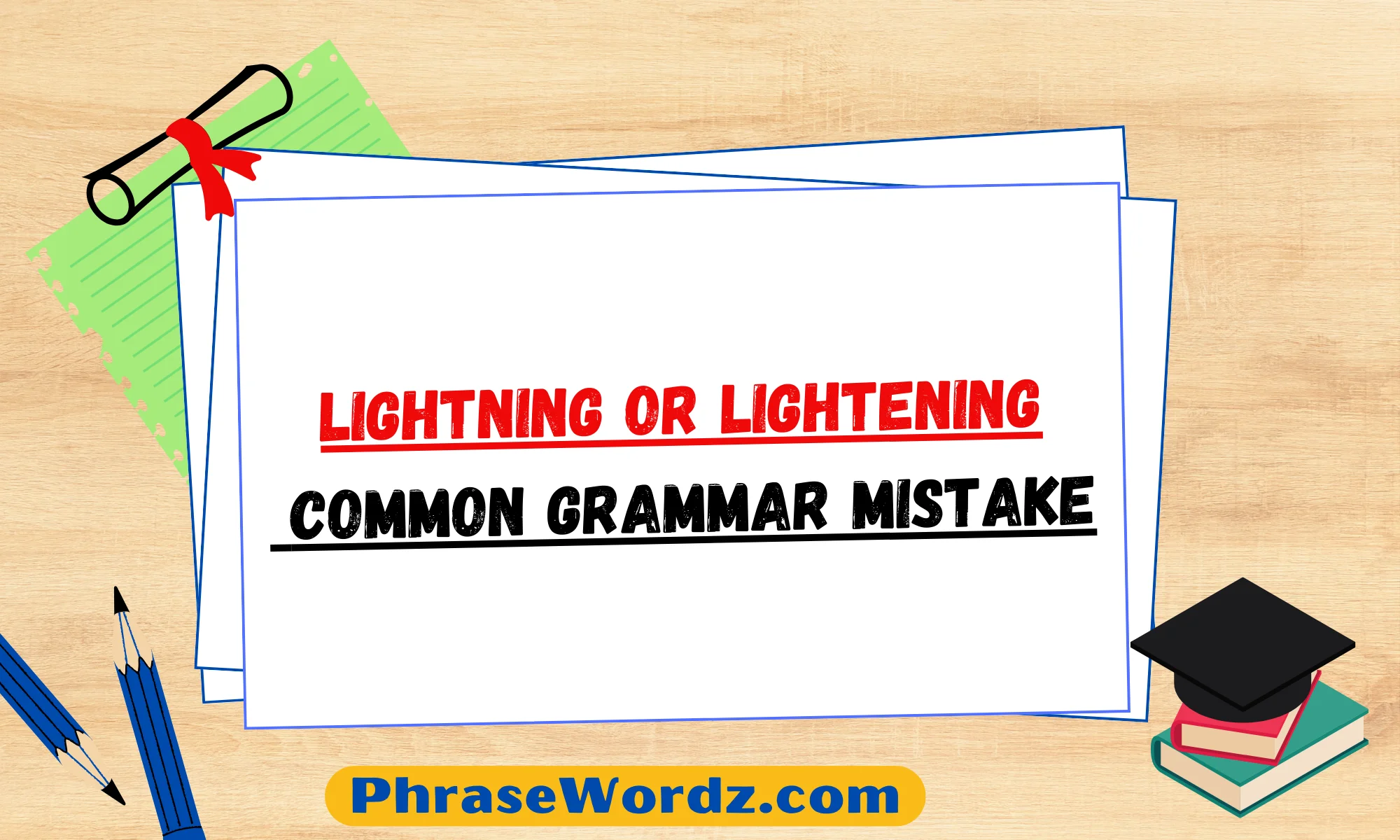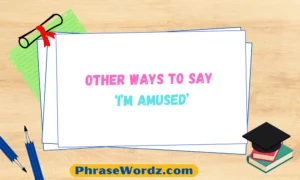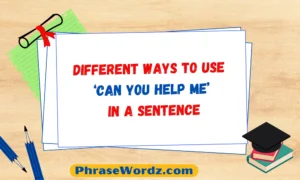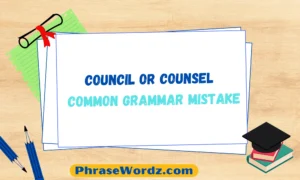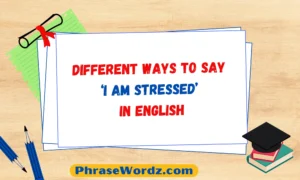Language can be tricky, especially when two words with distinct meanings sound almost identical. “Lightning” and “lightening” are perfect examples of this confusion. Despite their similar pronunciations, these words serve completely different purposes in English.
Confused between “Lightning or Lightening”? Learn their meanings, differences, and usage with real-life examples and helpful tips to avoid common mistakes. Master these terms and elevate your English skills effortlessly!
We’ll explore their meanings, provide examples, and share scenarios where the correct usage matters. By the end, you’ll feel confident in distinguishing between these commonly confused terms.
Understanding the Words: Lightning vs. Lightening
Let’s begin with a clear understanding of both terms.
Lightning
Definition: Lightning is a natural electrical discharge in the atmosphere, often seen during storms. It is a noun.
- Example: The dark clouds lit up with a flash of lightning before the rain began.
Key Usage: Lightning refers to the bright, sudden light produced in the sky, often accompanied by thunder.
Lightening
Definition: Lightening is the present participle of the verb “lighten,” which means making something less heavy, less intense, or brighter.
- Example: She is lightening her hair for the summer.
Key Usage: Lightening refers to the process of making something lighter or less intense.
Common Errors and Their Impact
Misusing these words can drastically change the meaning of a sentence. For instance:
- Incorrect: The storm was fierce, with constant lightening flashing across the sky.
- Correct: The storm was fierce, with constant lightning flashing across the sky.
The first example creates confusion, as lightening suggests something becoming lighter, not a natural phenomenon.
Scenario Examples: Correct Usage in Action
Scenario 1: Describing Weather
Context: A weather report email.
Subject: Severe Storm Alert for Tonight
Dear Team,
Please note that a severe thunderstorm is expected in our area tonight. The forecast predicts heavy rain and frequent flashes of lightning. Please avoid outdoor activities during this time.
Stay safe,
Maria
Scenario 2: Discussing a Process
Context: A casual chat between friends.
Message from Emma to Sarah:
Hi Sarah,
I’m so excited for the wedding next month! I’ve decided to get my hair done before the big day. The stylist suggested lightening it slightly to add some highlights. What do you think?
Can’t wait to see you soon!
Emma
The Root of the Confusion
The confusion between lightning and lightening arises because they sound alike in casual conversation. Let’s break this down further:
- Homophones: In some accents, these words may sound identical, leading to errors in writing.
- Context Misinterpretation: Without proper context, it’s easy to mix up these terms.
Tips to Avoid the Mistake
- Understand the Meaning: Always consider the context. Are you talking about weather or making something lighter?
- Visualize the Sentence: Imagine the scenario. A sky lit up with lightning or a process of lightening a load?
- Proofread: Reread your sentences to ensure accuracy.
Real-Life Examples
Email from a Customer Service Team
Subject: Update on Delivery During Storm
Dear Mrs. Green,
Due to the recent thunderstorm with heavy rain and flashes of lightning, your package delivery may be delayed. We are monitoring the weather conditions and will update you as soon as possible.
Thank you for your patience.
Kind regards,
The Support Team
Social Media Post by a Stylist
Thinking about lightening your hair for the new season? 🌟 Book an appointment today and let’s create a fresh, radiant look just for you!
Describe Difference Between “Lightning” and “Lightening”
| Aspect | Lightning | Lightening |
|---|---|---|
| Definition | A natural electrical discharge in the atmosphere during storms. | The act of making something less heavy, intense, or brighter. |
| Part of Speech | Noun | Verb (present participle of “lighten”). |
| Pronunciation | /ˈlaɪt.nɪŋ/ | /ˈlaɪt.ən.ɪŋ/ |
| Example Sentence | The lightning struck the tree during the storm. | She is lightening her workload before the holidays. |
Conclusion
By understanding the distinctions between lightning and lightening, you can avoid common errors and communicate more effectively. Always remember to consider the context, proofread your work, and apply these words appropriately.
Mastering these small details can significantly enhance your language skills, ensuring clarity in both spoken and written English.
